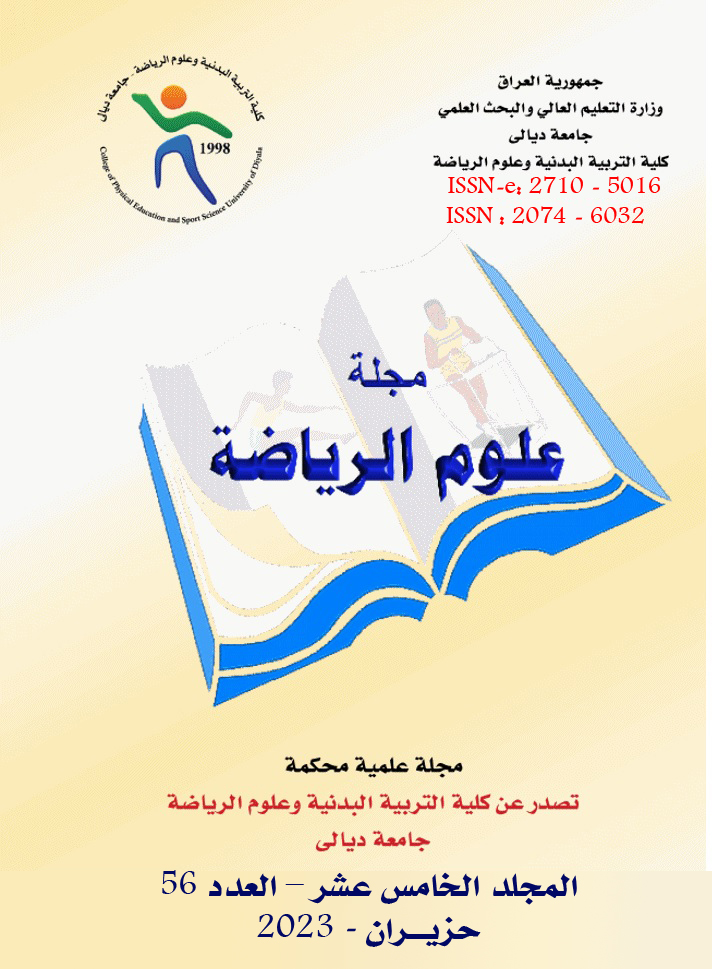حفظ الترجمة Analysis of the effectiveness of the administrative motivation method for the academic leaders of the faculties of physical education and sports sciences from the point of view of faculty members in the universities of Baghdad.
Main Article Content
Abstract
The research aims to analyze the effectiveness of the administrative motivation method for academic leaders of the faculties of physical education and sports sciences from the point of view of faculty members in Baghdad universities, where the human Field was identified by faculty members in the faculties of physical education and Sports Sciences in Baghdad. The research was applied for the period from 6/3/2022 to 6/5/2022. In the colleges of Physical Education (al-Mustansiriya . The seriousness . The ministry ). The researcher has concluded that academic leaders have the ability to arouse our fear from time to time among faculty members, and decision-makers from academic leaders stay away from the participation of faculty members when crises occur, and academic decision-makers have the ability to raise the principle of encouragement and perseverance to work and give us warnings and directions to work well and away from procrastination, the researcher recommended. The need to involve faculty members in decision-making, especially when crises occur, and the need for academic decision-makers to rely on the principle of reward and punishment for faculty members fairly and to conduct courses and workshops on the importance of motivational leadership methods in arousing faculty members.
Article Details
Conference Proceedings Volume
Section

This work is licensed under a Creative Commons Attribution 4.0 International License.
